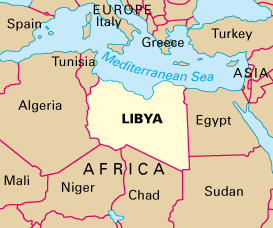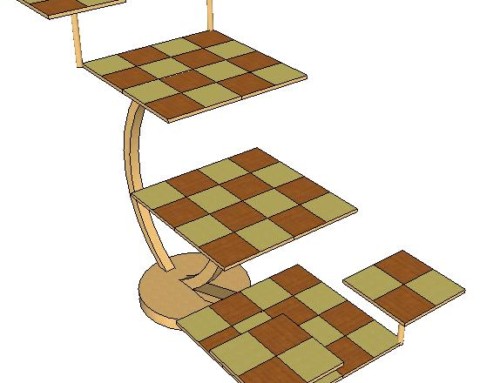The following is excerpted from my forthcoming book on the Lessons from Fallen Civilizations.
In AD 450s the Roman Empire’s sovereignty over Western Europe had shriveled to just a few provinces in central Italy and southern Gaul. Two decades earlier, Germanic invaders, Vandals, who controlled all Iberia (today’s Spain and Portugal) were led by a very able general and king, Gaiseric. They gained control of a fleet of ships, landed in North Africa and captured, Mauritania and Numidia (today’s Morocco and Algeria). In 439, they captured Carthage (in today’s Tunisia) which had become the second largest city in the West.* In so doing, they stripped away the West’s primary food source and its largest surviving tax base. This also officially ended Rome’s naval dominance of the Western Mediterranean which had lasted six hundred years and had proven so vital to the Empire’s great expansion during the second century BC. Not satisfied, in 455, one year after Aetius’ execution, Gaiseric took advantage of his new found maritime hegemony, landed an expeditionary force near Ostia and in that year, sacked the city of Rome for a second time. This was not a respectful sack as was Alaric’s. It reportedly lasted 14 days and was thoroughly pitiless and brutal. Before his departure, he removed thousands of captives including the Emperor Valentinian’s widow and two daughters.
Since the time of Augustus, the Romans had kept meticulous records of their military. In the volumes they referred to as the Notitia Dignitatum, they kept accounts of their many legions, their commanders, their deployments and the numbers of soldiers employed. Their records show that under the Emperor Valentinian, the western armies, on paper, commanded 600,000 soldiers. Yet the chroniclers of the period record that Vandal hoards met virtually no resistance on their march to Rome. Why was there no resistance? Where were the legions? Why did they not defend their homeland?
During the final decades leading up to Rome’s dissolution in AD 476 the historical records are thin. Yet it seems obvious that one of the reasons that no Roman armies opposed the Vandal invaders is because there was no money to pay them. The legionnaires were likely somewhere else attempting to survive in the era of a collapsing central government. We can make an educated guess that the 600,000 legionnaires were fictitious entries made by bureaucrats who either didn’t know or wished to keep up the fiction of Roman martial strength. Perhaps it was a way to keep from their superiors bad news and a ploy to keep their own salaries coming.
Today the conduct of the war with Libya has been characterized by half-measures, a poorly defined mission, and conflicting political objectives. For the first time since the end of the World War II, we are watching the diminution of America as the world’s lone super power. Certainly, our current subordinate support role in this conflict can be seen as partly the result our Nobel Peace Prize president’s world view, his view that America hasn’t the moral authority to initiate and lead wars. It is also clearly a function of the fact that we are structurally bankrupt. We are watching what it means to have slouched into a welfare state economy, to be sliding toward military impotence. What some enterprising journalist needs to ask our current commander in chief is, “When we can’t protect ourselves, Mr. President, who will?”
* The original city had been razed in 146 BC, six hundred years earlier. The citizens who occupied the (New) Carthage were largely Roman or Romanized citizens who bore no relation to the original Phoenician settlers who founded the city around 800 BC.




